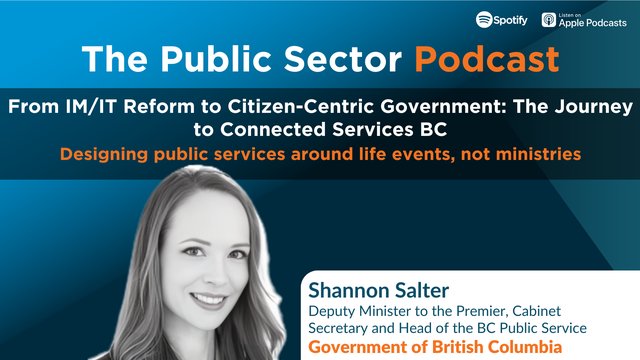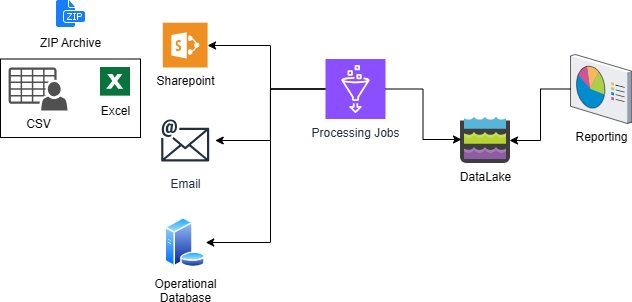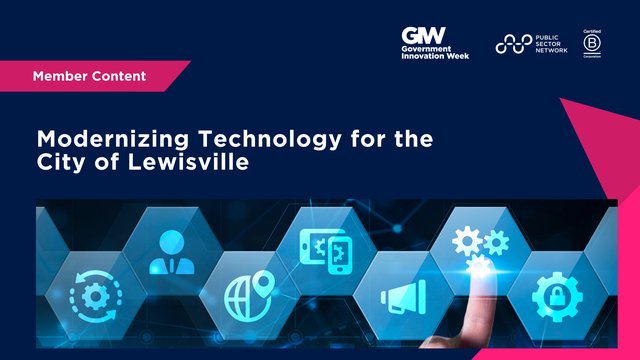
You’ve likely heard the term ‘rubbish in, rubbish out,’ in reference to data, but what does that actually mean? Well for decades public sector departments and agencies have been collecting data on the citizens they support, the services they deliver and the processes they manage. While early computer systems have become obsolete and are gradually phased out, the data they captured might well still exist —perhaps being used to make business decisions even now.
In an era where data-driven organisations win, and the quality of data collected is now more important than ever; the development, integration and adoption of information management and governance frameworks is an imperative.
Which is why creating effective information and data governance strategies, policies, and frameworks to drive the quality, accuracy and availability of insights, is integral. While security, privacy and transparency play a key part in ensuring you have the necessary public trust to leverage these insights and drive improvements for citizens.
Why though is comprehensive and strategic information management important? What benefits does it bring operationally and from a citizen experience perspective? Is it really worth the time, effort and financial investment or can we just ‘wing it?’ Why is a lack of information management frameworks risky?
Below we answer these questions and take a look at how creating clear information management strategies can drive data accuracy, accessibility and usability in a public sector environment.
Poor Information Management is Risky
Lack of effective data governance is a security concern for two reasons: outside security risks associated with dirty, unstructured data, and regulatory compliance issues. Bad data, and badly structured data poses a security risk for the simple reason that poor data makes it difficult to detect and monitor when something goes wrong.
Data is the most integral asset of an organisation. Misuse of data, poor management and security breaches, especially in the public sector, lead to widespread consequences and a loss of citizen trust.
Data Governance Saves Money
Simply, data governance increases efficiency. Duplicate accounts lead to duplicate efforts, or at the very least it leads to time wasted tracking down duplicate accounts in your marketing, sales, finance, or analytical efforts. Data governance reduces errors in your database, giving your business a solid database to work from and saves precious time that would otherwise be used correcting your existing data. Time saved is money saved.
Good Information Management Provides Clarity
Take a second to imagine what the assurance of perfect data would mean to your business. Effective data governance provides the peace of mind that the data is generally clean, standardised, and accurate. The effects of this reverberate throughout a company.
The central idea behind implementing data governance is the need to reuse data time and again. Without a data governance tool, your paperwork could be a shoddy mess with unnecessary exchange of different versions of the same document. With a data management tool, you could share and reuse the same data frequently and notify other members about the changes made.
Glean Better Insights with Data Analytics
How do you know if you are headed in the right direction of your progress chart? The answer is analytics. Organisations that don’t have information management frameworks as a part of their operating structure often face difficulties in analysing the data at hand.
Poor analysis of data results in poor decision making. The data generated in an organisation keeps on growing exponentially and hence it is important to analyse and organise data for better re-usability.
Inform Future Business Decisions
With robust information and data management processes in place the focus can shift towards the exciting capabilities of advanced analytics, ML, and AI. Data management and governance though is the crucial initial element to ensuring these more ‘sophisticated’ applications are accurate. Without strong data integrity and frameworks, the foundation to build your maturity on will be flawed.

































